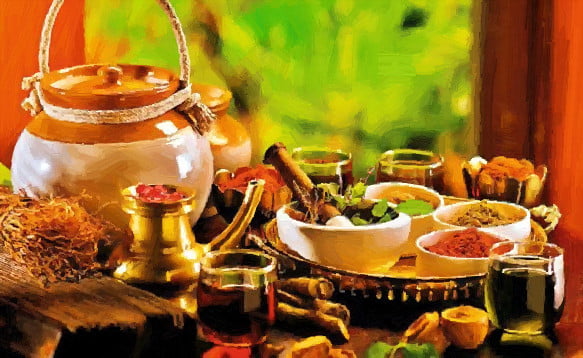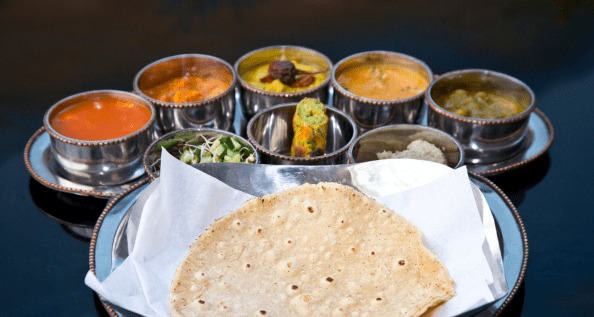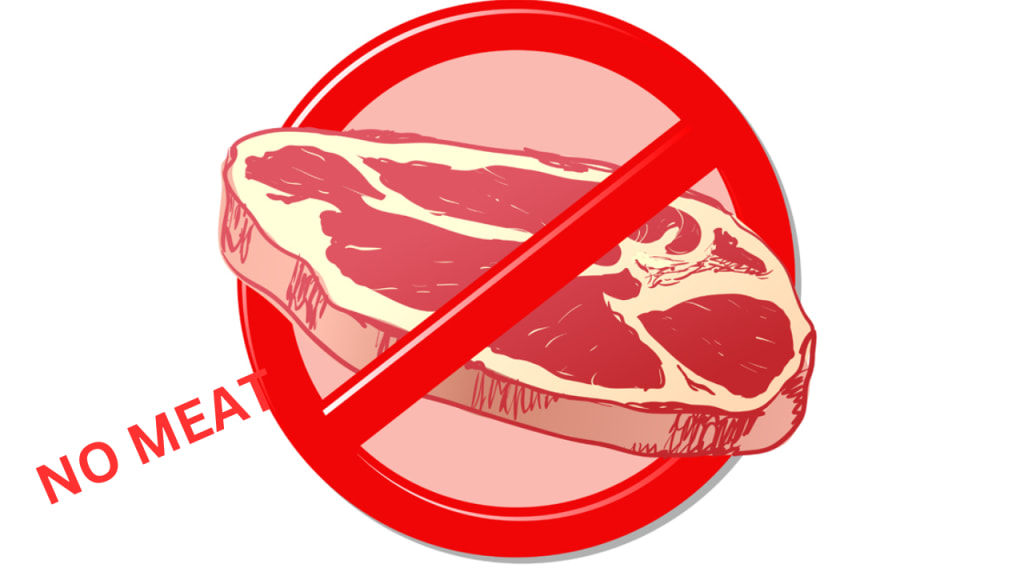3 Food Combinations You Should Never Eat – The Vedas Warned Us 5,000 Years Ago!

3 Food Combinations You Should Never Eat – The Vedas Warned Us 5,000 Years Ago!
The Vedas, ancient Indian scriptures dating back over 5,000 years, provided deep wisdom on living a balanced and healthy life. They emphasized a mindful approach to diet, not just focusing on what to eat, but how to eat in harmony with nature, mind, and spirit. This ancient knowledge offers insights into food combinations to avoid for optimal well-being.

1. The Power of Sattvic Foods
Sattvic foods, like fresh fruits, grains, and ghee, were highly valued for their purity and wholesomeness. These plant-based foods were believed to cleanse the mind, elevate consciousness, and promote spiritual growth. They were seen as the foundation of a balanced diet, nourishing both the physical body and the soul.

2. The Dangers of Disruptive Food Combos
The Vedas emphasized the importance of mindful food combinations, believing that certain pairings could disrupt digestion and energy flow. Mixing milk with fish or sour fruits, for example, was seen as creating digestive imbalances. Similarly, heating honey was discouraged, as Ayurvedic principles suggest that this process can release toxins.
3. Eating with Mindfulness and Intent
The Vedic diet wasn’t just about filling the stomach, it was a deeply spiritual practice. Each meal was treated as a sacred moment, a time to cultivate mindfulness, gratitude, and peace. This transformed food into something more than just sustenance, making it a spiritual experience. Preparing food with love and care, in a clean and pure environment, was believed to infuse it with prana, or life energy, making it even more nourishing for the body, mind, and soul.
Other Vedic Insights on Diet:
The Vedic diet is a way of eating that emphasizes harmony with nature and compassion for all living things. It’s rooted in the principle of ahimsa, or non-violence, which often leads people to follow a vegetarian lifestyle.
This diet encourages eating seasonally, aligning meals with the natural rhythms of the year. Cool fruits in summer and warming grains in winter are believed to nourish us in harmony with the environment.
Spices like ginger and cumin play a vital role in the Vedic diet, as they are thought to “stoke the body’s inner fire,” or Agni, promoting healthy digestion and vitality.
Fasting is another important aspect of the Vedic diet, practiced on sacred days as a spiritual cleanse. It’s not just about abstaining from food, but about resetting the body and mind.
By embracing these ancient principles, the Vedic diet offers a path to a life that nourishes not only the physical body but also the mind and spirit.












